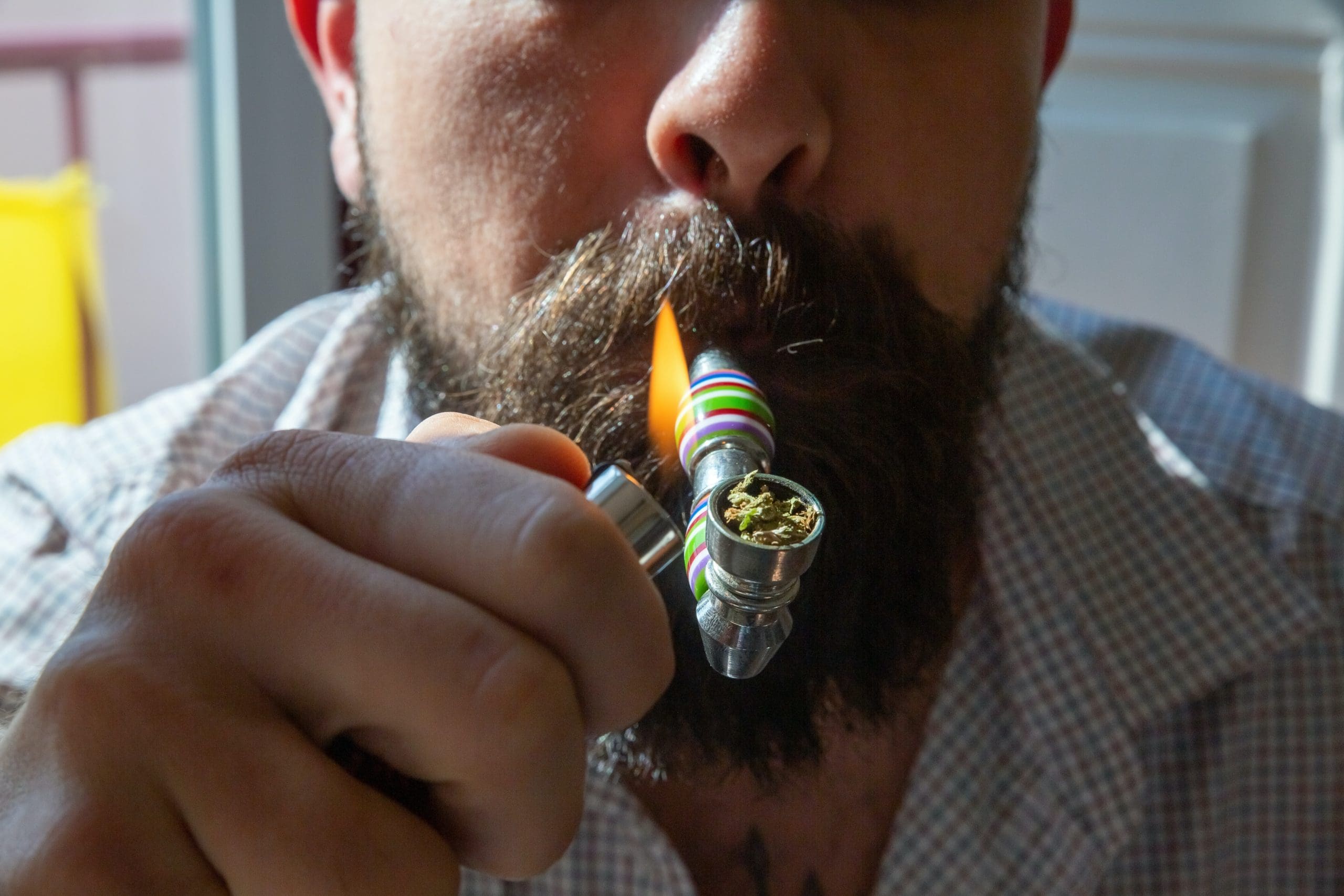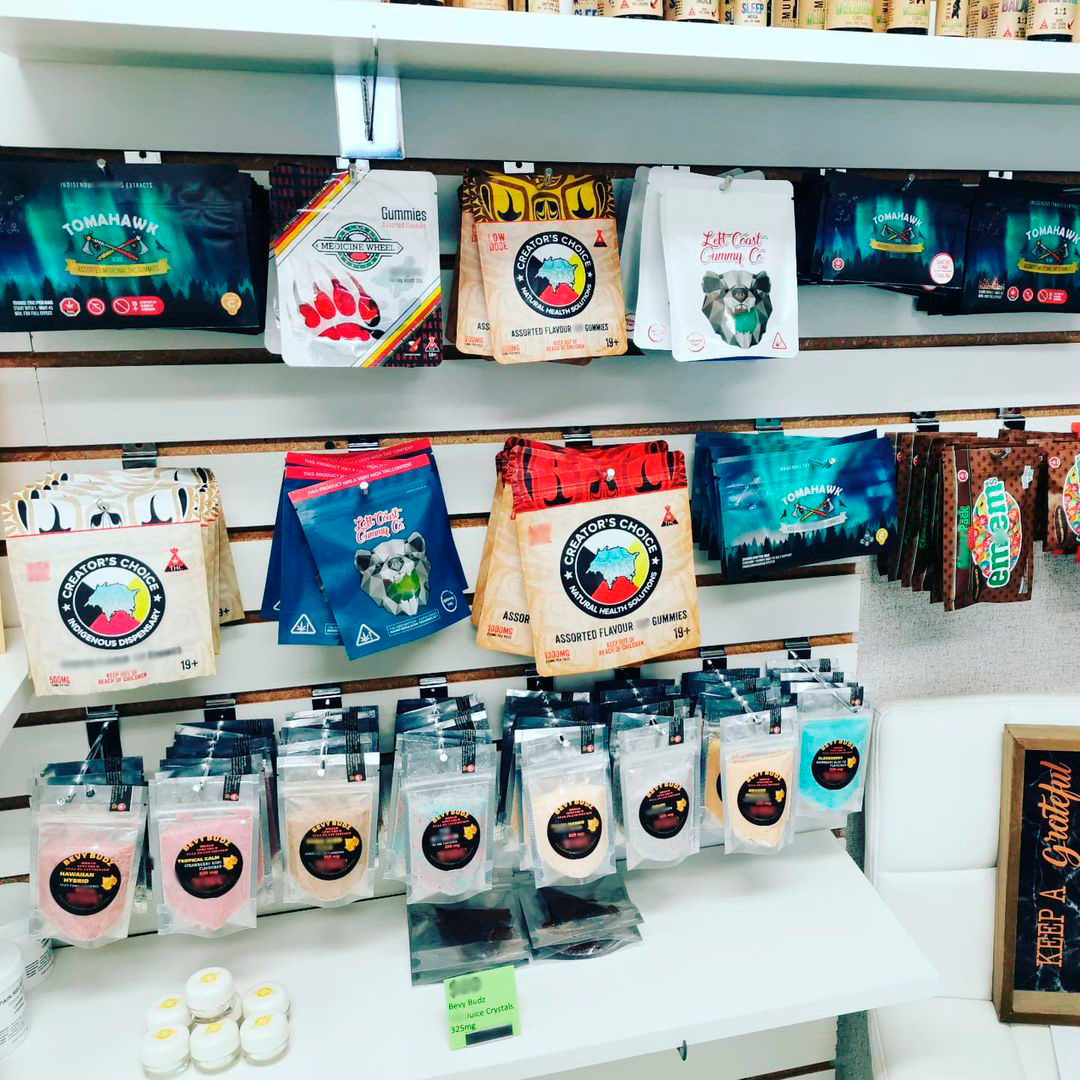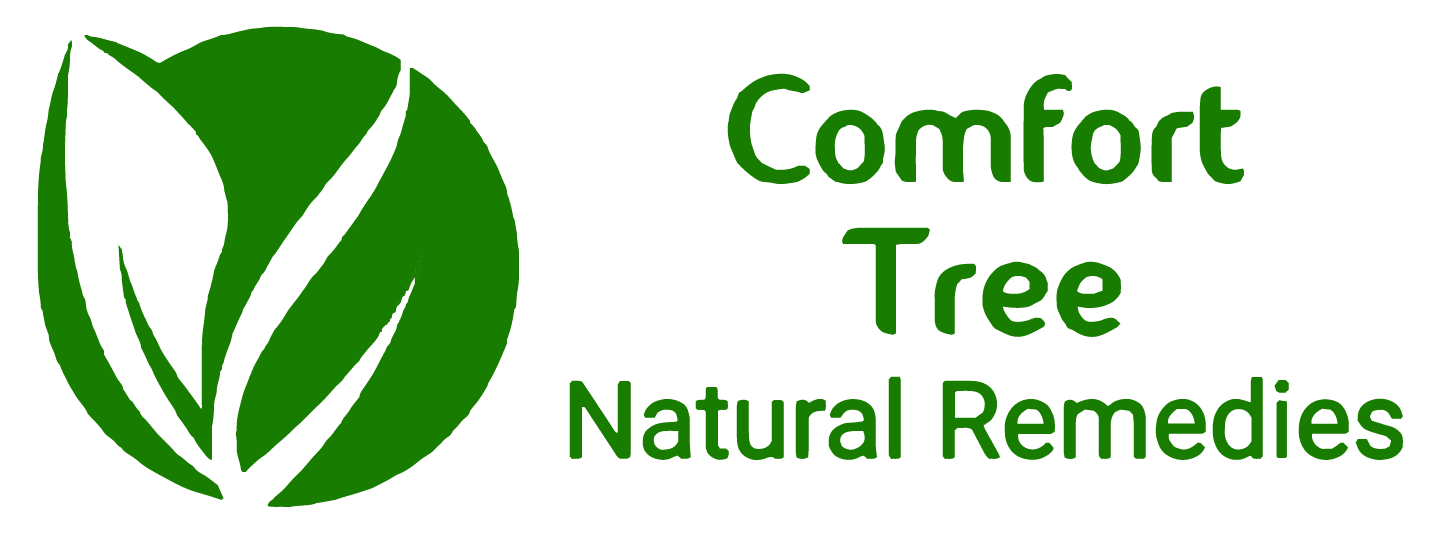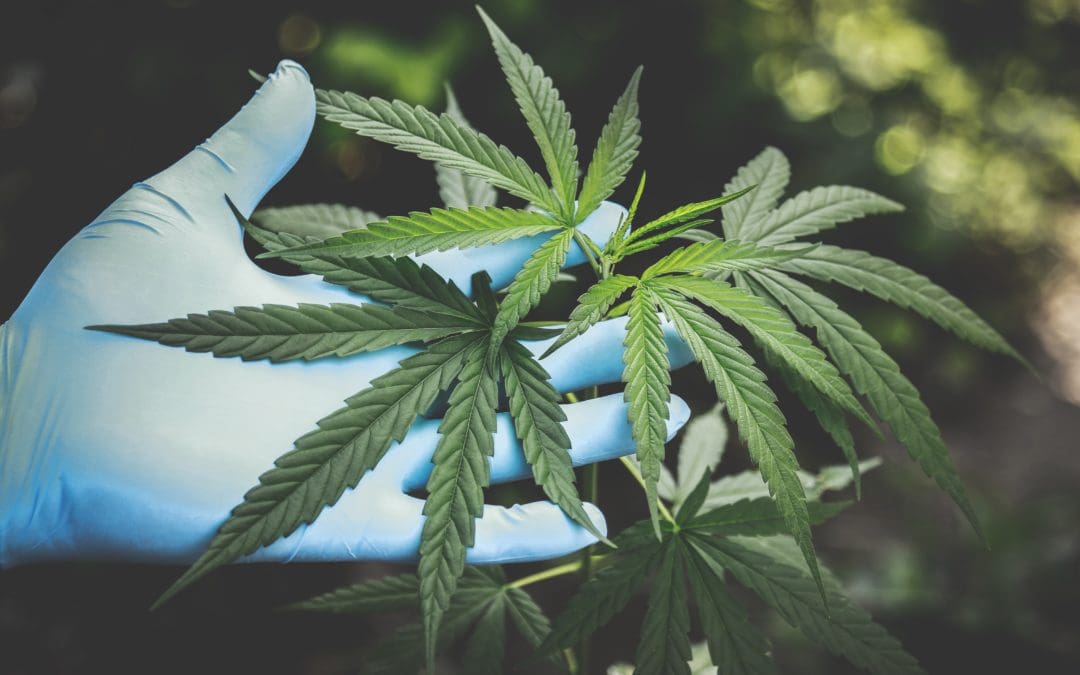You’ve been diagnosed with social anxiety, and you want to take marijuana to deal with your medical condition. Occasionally, you smoke marijuana for fun. Should you go down the street to the local dispensary to get recreational pot? Or should you go to a health care professional to get a prescription? Medical vs. recreational marijuana…which road should you take?
Although it may seem that marijuana for recreational and medical reasons are basically the same, there are some important differences. This article goes over a few issues that will help you decide what’s best for you.
Please note, this post is specific to the laws in Canada. Federal and state laws in the United States differ from Canada’s, so make sure that you’re well-informed about the region that you’re in.
Medical vs. Recreational Marijuana: Purpose
To purchase medical marijuana, you must have a medical justification for cannabis use. The decision is made by a health care professional like a Nurse Practitioner or Medical Doctor, who prescribes marijuana to treat and manage medical conditions like:
- chronic pain
- anxiety
- depression
- epilepsy
- traumatic stress disorder
- nausea and vomiting caused by chemotherapy treatment
On the other hand, recreational users consume cannabis for personal enjoyment. Users likely smoke, vape, or consume edible recreational products for the psychoactive element or “high” they feel from the higher THC levels.

Medical vs. Recreational Marijuana: THC and CBD Levels
Recreational cannabis generally has a higher THC content than medical marijuana. Medical marijuana, on the other hand, typically has a higher CBD and low THC content. Surprisingly, in a recent study of the THC and CBD content of medical and recreational marijuana, the authors found that 90 percent of medical marijuana exceeds the THC levels recommended for chronic pain. This finding underscores how important it is to choose medical marijuana dispensary that you can trust.
At Comfort Tree, we pride ourselves in adhering to the many rules and regulations set out by the North Shore Anishinabek Cannabis Association. As a result, we only provide products from growers that use clean and transparent processes. And we know enough details regarding Medical vs. Recreational Marijuana to send you in the right direction.
Legal Issues
Marijuana was legalized for recreational use at the Canadian federal level under the Cannabis Act in 2018. This means that cannabis is legal for adults to buy, use, process, or grow in all provinces and territories. However, the legal age and cultivation laws vary by province and territory. For instance, in Ontario, you must be 19 years of age to buy, use, possess or grow recreational cannabis. In Alberta and Quebec, the minimum legal age requirement is 18 years old.
For medical marijuana users, there’s no age limit under Cannabis Act. This means that children are permitted the use of cannabis for medicinal use.
With recreational weed, the maximum amount you’re allowed to have on your person is 30 grams, and grow up to four plants (per household). Medical marijuana patients are allowed to carry up to 150 grams of cannabis and grow up to 25 plants.
Marijuana possession limits relate to dried weed according to the the Cannabis Act. One gram of dried cannabis is equivalent to:
- 1 marijuana plant seed
- 70 grams of liquid product
- 0.25 grams of concentrates (solid or liquid)
- 15 grams of edibles
- 5 grams of fresh marijuana

Buying It
Whether you’re buying marijuana for medical or recreational purposes, you can only legally purchase cannabis from stores officially recognized by the Canadian government.
For recreational purposes, you can buy marijuana online through Ontario’s cannabis store or from a privately-run, authorized retailer, like Comfort Tree.
Medical marijuana can only be purchased through a federally licensed retailer once you get a prescription from a health care professional. You can buy your medical marijuana from our shop as we’re located on a reservation, which falls under federal laws.
Medical vs. Recreational: Using It
Medical and recreational marijuana can be used almost anywhere. Under the Cannabis Act, you can smoke and vape medical and recreational cannabis in many locations, including (but not limited to):
- private residences
- many outdoor spaces like sidewalks and parks
- designated smoking rooms in hotels, motels, inns
- your vehicle or boat (under certain circumstances, like if being parked or anchored)
- controlled areas in
- long-term care homes
- certain retirement homes
- residential hospices
- provincially-funded supportive housing
- designated psychiatric facilities or veterans’ facilities
With medical marijuana, you have a bit more freedom and flexibility to consume your prescription in different locations. For example, you may be able to consume edibles at work as long as it doesn’t interfere with your workplace’s health and safety and your ability to perform your job.
Cost
For medical users, you’re eligible to claim your prescription as a deductible medical expense. In addition, if you have health insurance, your insurance company may cover your medical prescription cost.
With recreational marijuana, products must go through a regulated process: cultivation, processing, storing, and packaging. As a result, there may be a significant mark-up to cover costs, which is passed onto you. And the range of prices may vary widely among recreational dispensaries.
Quality
In Canada, growing medicinal cannabis undergoes a much more stringent and rigorous process than producing it for recreational purposes. There are strict growing and production requirements and procedures as medical cannabis patients range in age, from children to the elderly. In addition, medical cannabis is intended for specific health issues so it must be the best quality.
While recreational marijuana goes through a regulated process, it’s not as rigorous when compared to medical cannabis. In addition, quality may vary when users grow it themselves.
Comfort Tree is owned and managed by cannabis experts. If you have questions about our products or cannabis in general, contact us at any time: +1.226.568.2711 comforttreehealing@gmail.com

Resources
Apollo Cannabis. (27 June, 2019). Is medical cannabis legal for children? https://apollocannabis.ca/blog/is-medical-cannabis-legal-for-children/
Cannalogue. (26 June, 2019).Top 15 reasons to choose medical vs recreational cannabis. https://cannalogue.ca/column/column/education/medical-cannabis-vs-recreational-cannabis/
Cash, M. C., Cunnane, K., Fan, C., & Romero-Sandoval, E. A. (2020). Mapping cannabis potency in medical and recreational programs in the United States. PLoS One, 15(3). https://doi.org/10.1371/journal.pone.0230167
Editorial Team. (1 Nov, 2021). Weed laws in Canada [NEW updates!] Way of Leaf. https://wayofleaf.com/blog/cannabis-laws-in-canada
Exclusive. (n.d.). What is the difference between medical marijuana and recreational marijuana? https://www.exclusivemi.com/marijuana-knowledge/101/what-is-the-difference-between-medical-marijuana-and-recreational-marijuana/
Government of Canada. (17 October, 2020). Cannabis Act, S.C. 2018, c. 16. https://laws-lois.justice.gc.ca/eng/acts/C-24.5/
Government of Ontario. (30 November, 2021). Buying recreational cannabis. https://www.ontario.ca/page/buying-recreational-cannabis
(n.a.) (18 October, 2018). Smoke-Free Ontario Act, 2017 get the tacts: The difference between recreational cannabis and medical cannabis. Renfru County and District Health Unit. https://www.rcdhu.com/wp-content/uploads/2018/10/Info-sheet-Rec-vs-Med-Cannabis-October-17-2018.pdf
(n.a.) (n.d.). The differences between medical cannabis and recreational marijuana. Maile Cannabis Clinic. https://www.maliecannabisclinic.com/differences-medical-cannabis-recreational-marijuana
Ontario Human Rights Commission. (July 2018). Policy statement on cannabis and the Human Rights Code. https://www.ohrc.on.ca/en/policy-statement-cannabis-and-human-rights-code

